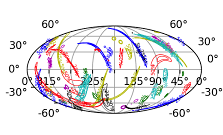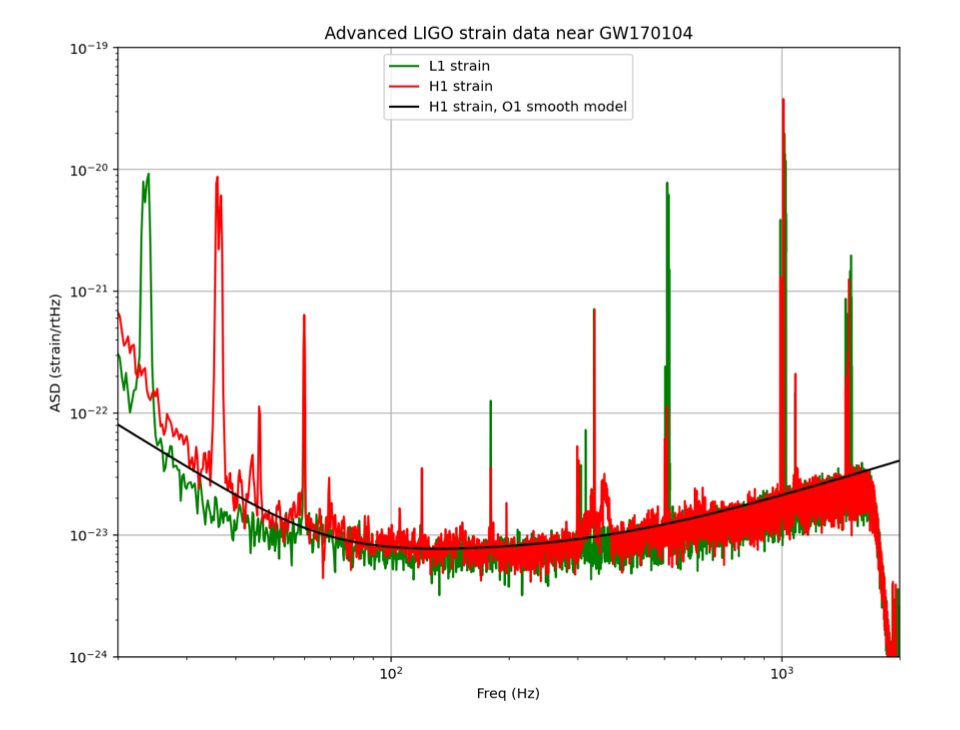Poughkeepsie, New York

Students learn about the physics of gravitational waves and how they are detected, and then use real data from a global network of gravitational wave observatories to perform their own personal research investigation.

 Pioneer Academics gives curious and engaged high school
students the opportunity to participate in
guided learning and an individual research project,
along with earning college credit.
Pioneer Academics gives curious and engaged high school
students the opportunity to participate in
guided learning and an individual research project,
along with earning college credit.
 The Gravitational Wave Open Science Center makes data
available to the public from a global network of
gravitational wave detectors, along with access to
software tools and tutorials for the analysis of these data.
The Gravitational Wave Open Science Center makes data
available to the public from a global network of
gravitational wave detectors, along with access to
software tools and tutorials for the analysis of these data.
The Laser Interferometer Gravitational Wave Observatory (LIGO) was created as a cutting-edge physics experiment to test Einstein's theory of relativity by directly detecting the faint vibrations of space-time caused by coalescing black holes or colliding neutron stars. In 2015, twenty years after construction began, LIGO finally made the first detection of gravitational waves. Now LIGO and partner observatories make it possible to study the universe in a completely new way from traditional astronomy.
Students in this program learn how gravitational waves can be created and how they are detected. They learn how LIGO processes the data from the detectors and how the weak signal of distant cosmic events can be extracted from the din of background noise. Students then use real data from the LIGO observatories to perform their own personal investigation into the science of gravitational waves.
Students first meet with the instructor as a group, using Zoom, for five 90 minute sessions that provide them with background information about gravitational waves and technical information about LIGO. After the group meetings each student meets with the instructor individually for five or more sessions as they work on their own individual research project. Each student writes a final paper, in the form of a scientific report, which provides the reader with background information sufficient to understand the goals of the research paper, followed by a description of the methodology used and an interpretation of the analysis and results of the investigation.
Read about the results of each student's investigation, in their own words:
| Copyright © 2023 by Spy Hill Research | https://www.Spy-Hill.net/myers/astro/ligo/pioneer/index.html | (served by jura.spy-hill.com) | Last modified: 28 December 2023 |